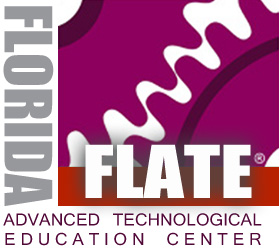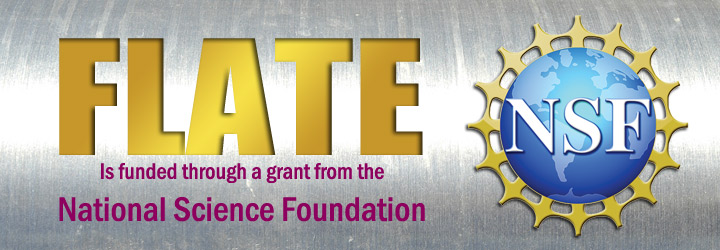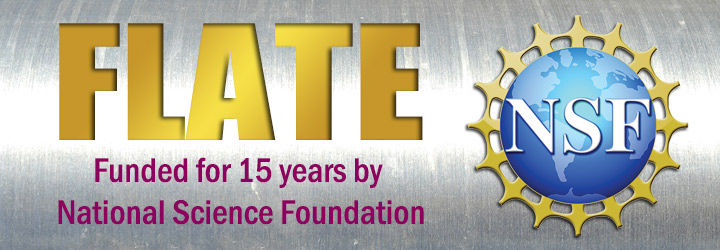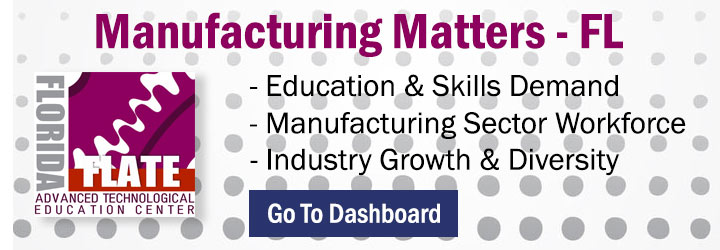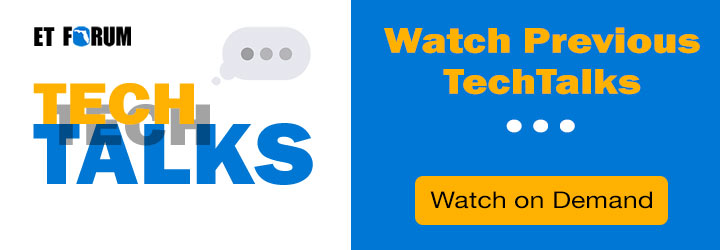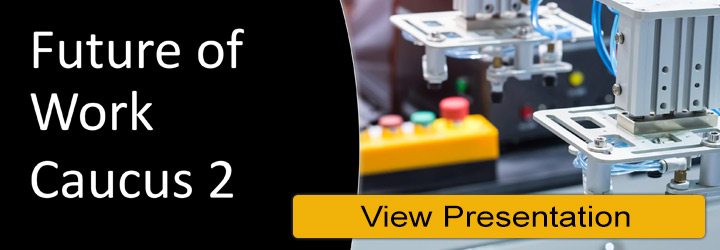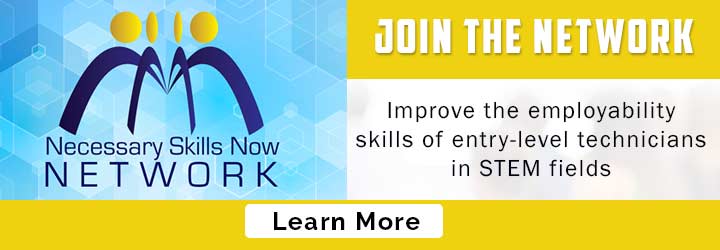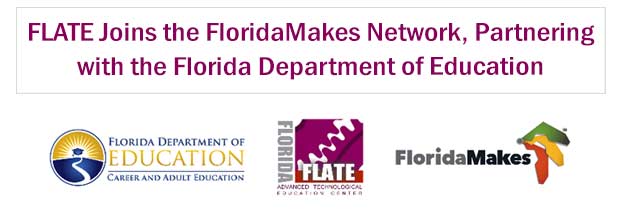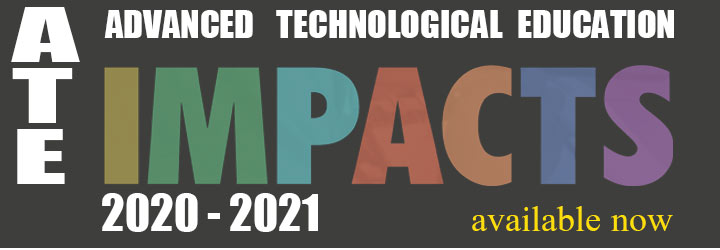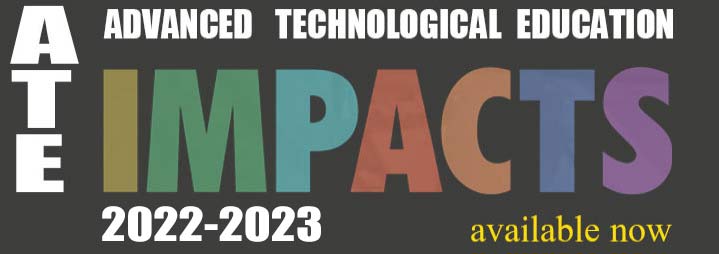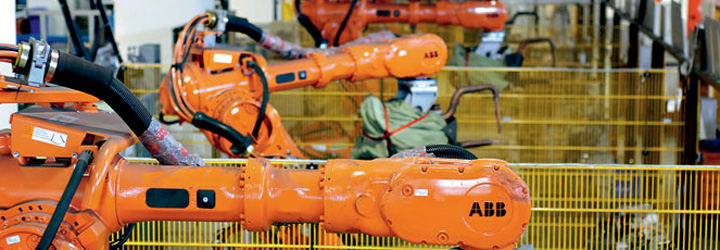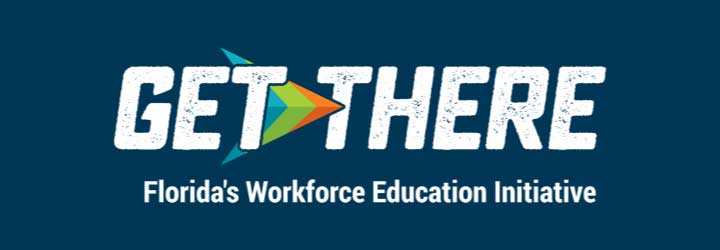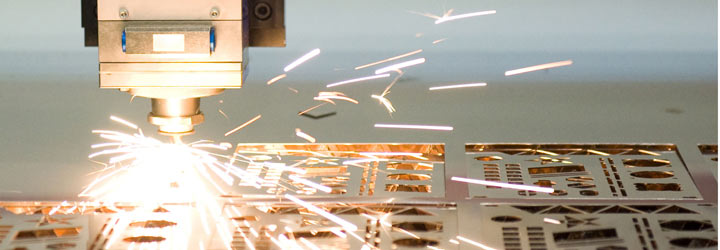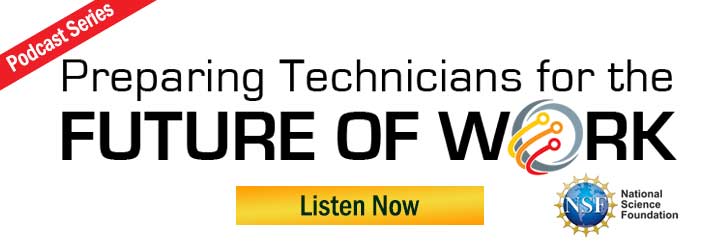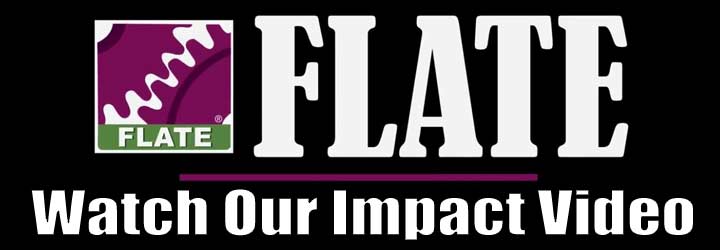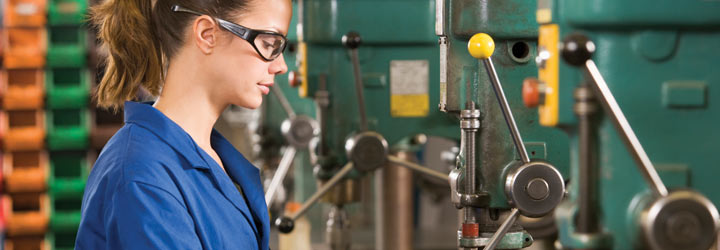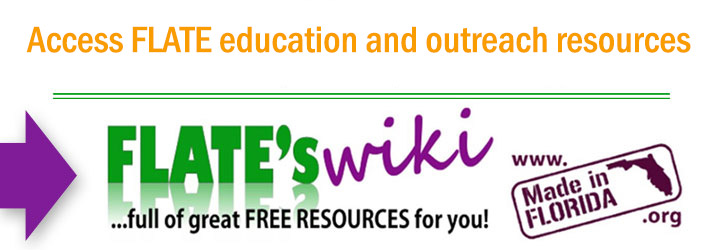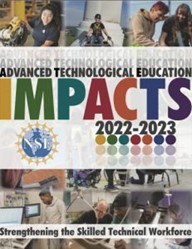Discovering Vision: Creative Learning and Networking for European Innovation
Creativity and innovation are key indicators for driving and measuring success, and are integral parts of the learning process. Given their role in the generation and creation of new products and processes, it is important to determine whether creativity and innovation are two sides of the same coin, or are they independent of each other? Are they an innate part of human nature, can they be taught and/or learned, or is the development of creativity and innovation influenced by socio, cultural and/or economic factors?
To determine the correlation, TKNIKA—an innovation institute for vocational training established by the Vice Ministry of Education of the Basque government in Spain—in partnership with the European Commission launched an in-depth three year study focusing on creativity and innovation, and their impact in learning processes and educational systems. CREANOVA, Creative learning and networking for European Innovation, is a project funded by the Education, Audiovisual and Culture Executive Agency (EACEA) of the European Commission. The project represents a collaborative effort between the University of the Basque Country, The University of Edinburgh, Educode Haaga-Helia University of Applied Sciences, and Tallinn University Universal Learning Systems. The project produced a comprehensive theoretical overview document in 2010 called Discovering Vision.
The main aim of the LLP Transversal Research CREANOVA project is the production of theoretical and practical knowledge on creativity and innovation in the learning process as well as identification of concepts, methods and best practices that demonstrate and reflect innovative learning. Key objectives were centered on building a theoretical framework that defines concepts of creativity, innovation and learning (and their inter-relationship in current global contexts); and identifying teaching-learning practices in selected countries that underpin the development of creative and innovative skills in the areas of Vocational Education and Training (VET), Adult Education and technical and creative industries.
The study comprised of three elements:
- Theoretical approach to meet the requirement to write a comprehensive paper that addresses the key aspects under review. This encompassed contributions from different disciplines (pedagogy, psychology, sociology and economics) in an engaged social analysis of the world we inhabit.
- Presenting tools designed for identification of best practices in each of the countries concerned, as well as documented practices. The tool comprised of a questionnaire aimed at documenting descriptions of selected practices in VET areas, technical and creative industries and to facilitate comparative analysis. The study and discussion enabled an interpretative model based on four key-factors: need, freedom, interaction and environment.
- Reviewing key concepts that learning design specialists can utilize when approaching the dynamics and requirements of sustainable innovation and creativity to meet the learning needs and challenges of our times.
Results and findings of the study released in November 2011 shed light on how “learning” is understood in today’s world, and how it has evolved dramatically over a period of time. Qualitative data (experimental case study course & interviews) gave a strong indication that “need, freedom, interaction and environment” were important aspects for learners. Data collected in the experimental case study gave content and meaning to these four factors which take part in the creativite process as part of learning, and served as a model for teachers and facilitators to arrange as well as guide learning and educational processes in a creative and innovative way.
Findings/conclusions derived from the study have been transferred to policy makers, and are expected to serve as a guideline for introducing/incorporating ideas in the curricula. In the Basque Country, the results and techniques used during the experiment have been transferred to teachers working in the programmes URRATSBAT and EJE. For more information on CREANOVA visit www.creanova-project.eu. To learn about FLATE’s partnership with TKNIKA, and ongoing educational initiative to support international technician training for Florida’s community college students and educators read the article in the last issue of the FLATE Focus, or visit https://www.fl-ate.org/.
| FLATE Delegation to Spain, Brainstorm Ideas in the Tknika “Creativity Room” |
